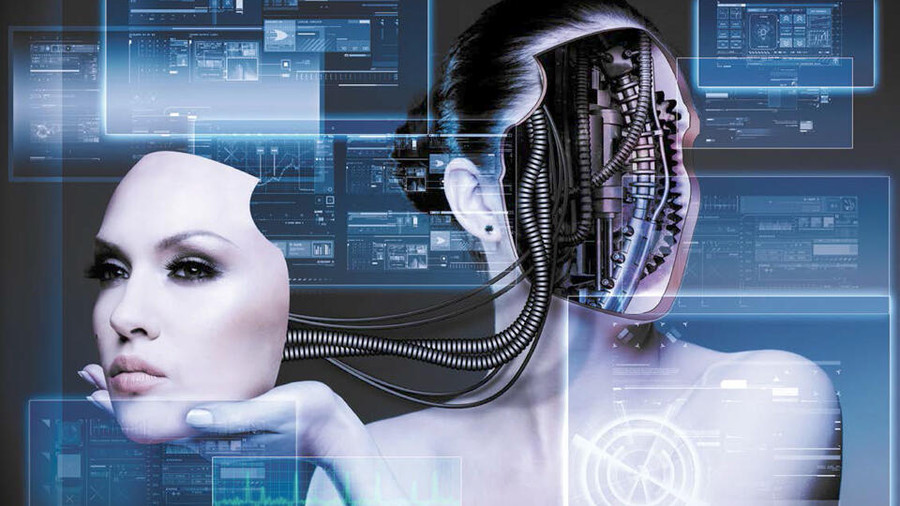I just turned 42. The list of things I may never do again is growing fast.
I no longer dream that I will become an Olympian in any sport except archery or horseback riding. The oldest Olympians in those categories have been in their 60s. So there’s still time. Swimming, skiing, sprinting and the rest of the Olympic sports are now closed to my aging body.
I just turned 42. The list of things I may never do again is growing fast.
I’ll no longer fantasize that I’ll do an extreme marathon through the Sahara (I never really thought I had much of a chance when I was younger, anyway). At 42 it is time to give up hope that I ever will.
It’s not just physical challenges that I’m giving up. There are also things I won’t be doing in my work life anymore.
Here’s the latest. I may never use email to make an appointment again. I have an average of 20 appointments a week. I’ve always handled appointments myself. It takes a lot of time. Can I save the time I spend scheduling and rescheduling? If so, it’s a big deal. It gives me more time to be productive.
How am I getting rid of this time waster? I’m using a new AI called “Amy Ingraham” or “Andrew Ingraham” (you can choose between female and male names). It’s from a company called x.ai. I’d been on their waiting list for over a year and finally started.
The AI knows my schedule and has the permission to update it. She/it emails back and forth with people to find times and places or methods like Skype that work for both of us. It actually feels like you are talking to a real person. I first experienced it when a client scheduled an appointment with me using Amy. I thought it was a real person. Once he told me she/it was an AI I tried to fake her out, trip her up ... I couldn’t.
She/it is kind of genius.
Scheduling is just one thing that I may never do again. We’re looking into lots of other areas, too, as we become an “AI First” company. We see the progression to AI as similar to the upgrade from calculators to spreadsheets. It’s smarter by an order of magnitude. Every area in the company is exploring how to apply AI to their work. The goal is to replace relatively dumb, old processes with smart, new ones.
What have our clients stopped doing because of AI? They are no longer showing the same price to everyone. It used to be that a bunch of people would get in a room: the media buyer, affiliate manager, owner, analyst, finance, etc., and choose a single price, for example, $30 per month. But they couldn’t pick the right price for each person that shops for their products. There are just too many visitors. Our average client has over 100,000 visitors per day. That’s more than one per second.
Now AI is doing it much, much better than humans. At the time of this writing the AI is growing revenue by +9 percent. It does that by giving the right price to each person at each moment. That’s an interesting number. Companies pay fees in that neighborhood for their billing and payment processing. The AI uses resources that a biller has lots of: data on products and shoppers. Our AI, for example, has tested prices on hundreds of millions of shoppers.
Aria (the name of the current pricing AI) “sings” about her latest revenue results daily on our Twitter and Facebook feed. You can watch her/it learn — test prices that work, test prices that don’t work — in real time.
Sample tweet: “Yesterday I made 9.17 percent more revenue for my clients than their old prices. Love, Aria.”
She/it will keep updating until we release a new version of the pricing AI.
Where are you planning on bringing AI into your company this year? The famous 2013 Oxford University study on “The Future of Employment” predicts that 47 percent of all jobs in the U.S. are at risk of being replaced with AI by 2025. Which jobs in your company will be done by machines? The rule of thumb is that anything routine will be automated. It won’t be done by humans any longer. Only jobs that require creativity and social skills are safe. “Safe for now” would be a better way of putting it since AI is advancing quickly.
We in the tech industry may be the last ones to have jobs. But there are lots of jobs that each of us do — like scheduling appointments — that we won’t do anymore. Even if we don’t completely replace ourselves or a coworker with an AI, we will certainly replace parts of our jobs.
We can choose to see those parts of our work as “gone missing” (like my ambition to win an Olympic gold in any category other than archery and horseback riding) or as opening up space to do new and different things with our work lives. If I spent 5 percent to 10 percent of my time on the routine, uncreative activity of scheduling appointments then what can I do with these new hours I’ve added to my week?
I’m putting my newfound free time into work that is creative and social. If the tasks in front of me are neither then I’m looking for ways to automate them. As I look to the future I’ll be happily working on creative and social opportunities and dropping the rest. The routine tasks are being added, one by one, to the constantly growing list of things I’ll never do again.
Thierry Arrondo is the managing director of Vendo, which develops artificial intelligence systems that allow merchants to dynamically set prices for each unique shopper.






